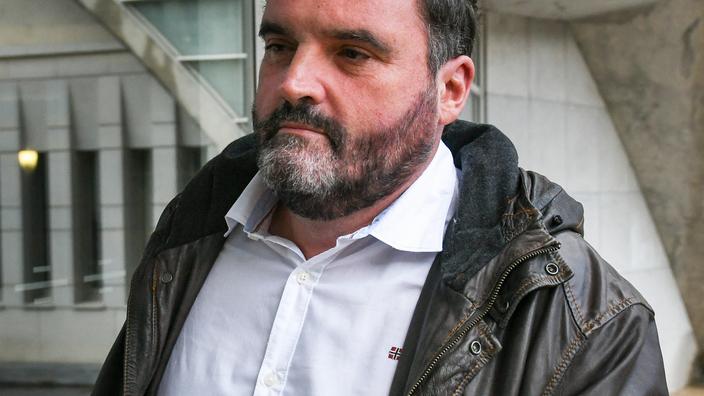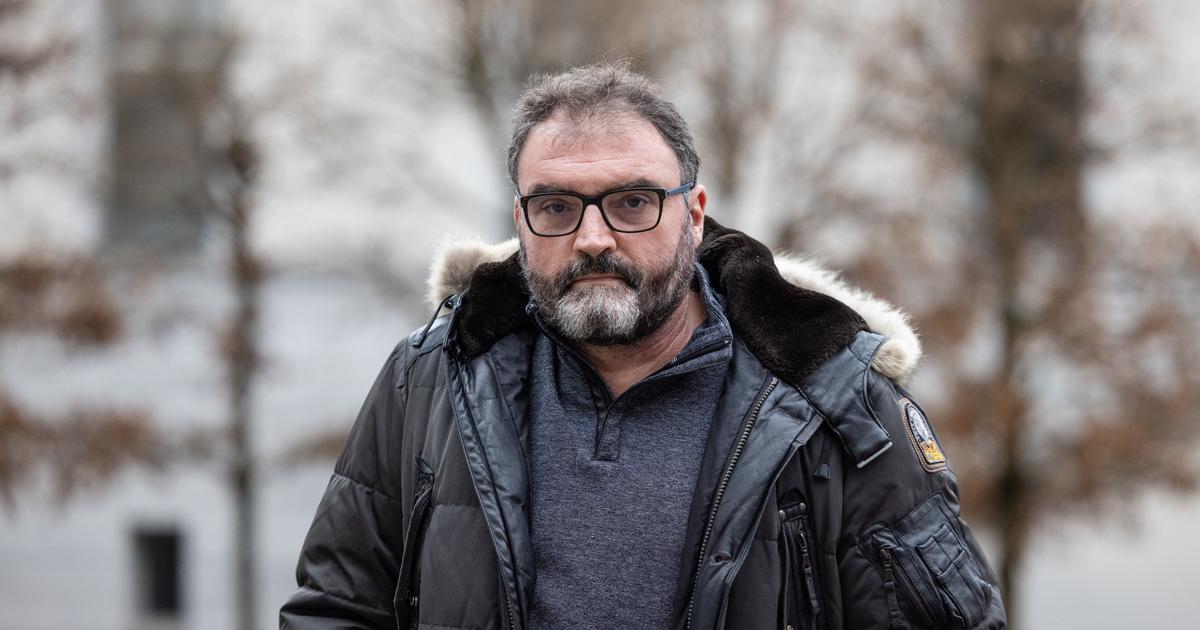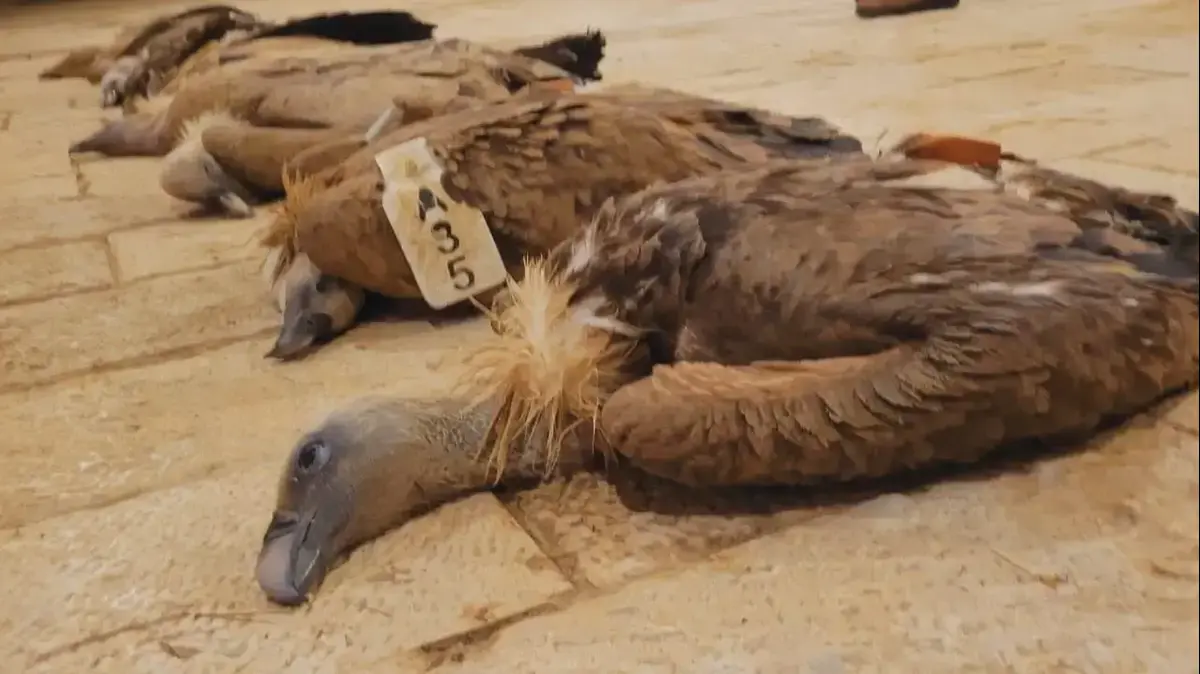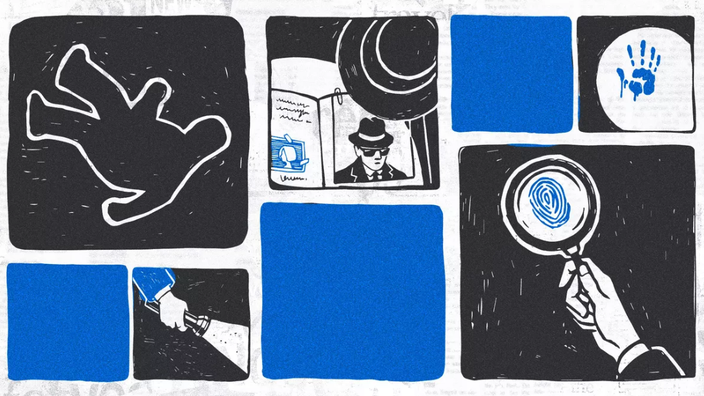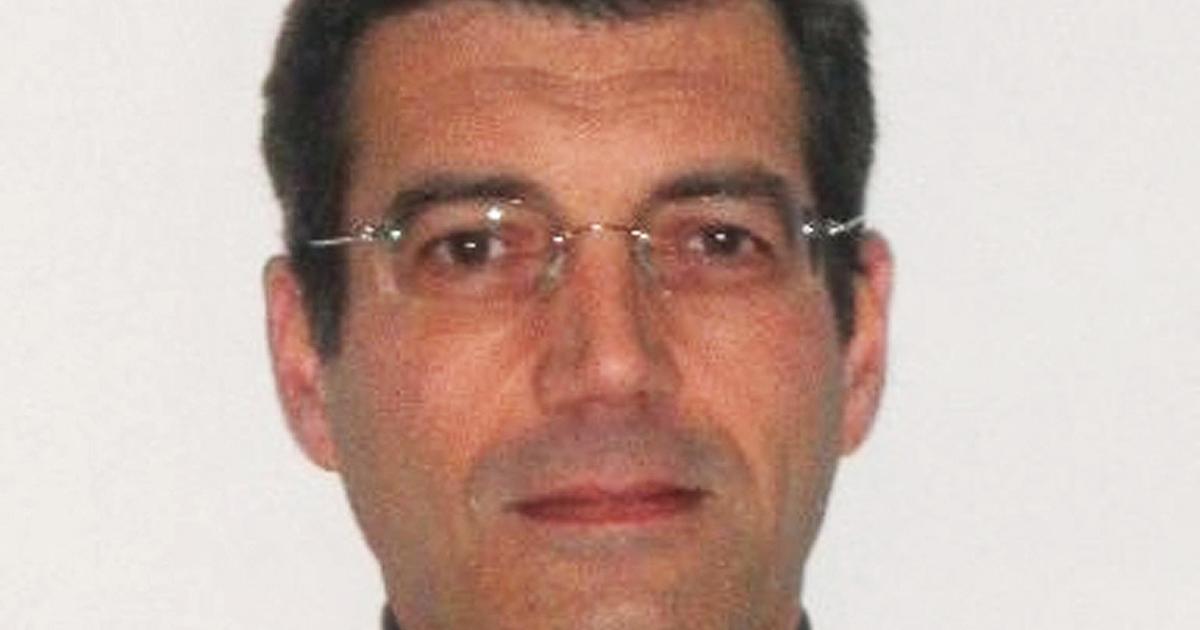Four years ago, the anesthesiologist Frédéric Péchier, now 49, was suspected of having poisoned 24 patients at the Saint-Vincent clinic, in Besançon, where he practiced.
According to the civil parties, the doctor tried to poison his patients to cause cardiac arrests in order to be recognized by the profession as a competent resuscitator.
Of the 24 people poisoned, all between the ages of 4 and 80, nine died on the operating table.
To discover
"A little voice told me to leave": who are the voluntary disappearances and why do they choose to evaporate in nature?
Read also: Péchier case: the anesthesiologist will not spend Christmas in Besançon
Left free under judicial control, Doctor Frédéric Péchier faces life imprisonment for “poisoning of vulnerable people”.
In view of the large number of deaths, if the anesthesiologist proves to be the author of these poisonings, the latter could be perceived as a serial killer, which the psychiatric expertise published on Saturday April 10 in the
Journal du Dimanche
refutes. .
Update on an exceptional case.
24 files retained out of the 66 suspected cases of poisoning
In March 2017, the Saint-Vincent clinic alerted the Besançon prosecutor's office following numerous unexplained cardiac arrests during surgical operations.
An investigation is opened, and the anesthetist Frédéric Péchier is indicted for seven suspected cases of poisoning with premeditation, two of which were fatal to the patients.
The latter was then prohibited from exercising his profession as well as from going to Besançon, but was left free under judicial control.
To read also: Anesthesiologist of Besançon: Doctor Péchier remains free
In 2019, the prosecution chose to retain 17 of the 66 suspicious files, or a total of 24 cases of suspected poisoning, evoking a "
bundle of concordant elements
" directing towards the doctor, suspected of having knowingly modified the injection bags of the patients.
A crime punishable by life imprisonment.
Pockets of paracetamol and rehydration mixed with potassium
Among these 24 cases selected, the investigators found that cardiac arrests had been caused by the administration of potentially lethal doses of potassium and anesthetics.
The doctor appears, according to the public prosecutor of Besançon, Étienne Manteaux, "
as the common denominator
" of serious adverse events (SAEs).
The procedure, according to the prosecutor, consisted "
in polluting the bags of rehydration solution or the bags of paracetamol with local anesthetics or potassium
".
The anesthesiologist "
was most often in the immediate vicinity of the operating room
," he told AFP, posing "
early diagnoses
" when "
nothing at this stage allowed to suspect an overdose of potassium or to local anesthetics
”.
Context of "acute conflict" between anesthesiologist and surgeons
During a press conference, the prosecutor Étienne Manteaux underlined that these facts would have taken place "
in a context of acute conflict
" between Frédéric Péchier and "
his colleagues anesthetists or surgeons
".
Doctor Péchier first denies these accusations, denouncing a conspiracy, but, a few days later, he affirms that poisonings did indeed take place at the Saint-Vincent clinic, where he practiced, but denies being the author.
Read also: Freedom or pre-trial detention?
The anesthesiologist Frédéric Péchier before the Court of Appeal
Investigators then turned to the trail of the “
pyromaniac fireman
” syndrome
, a phenomenon observed in certain firefighters who themselves start fires and then extinguish them, in order to appear as heroes.
But this track is quickly discarded in favor of that of a systemic conflict between colleagues.
“
The investigators compared all the times when Doctor Péchier had difficulties or tensions during his professional life with all the times when there were SAEs at the Saint-Vincent clinic.
These are arbitrary parallels between arguments and poisonings.
However, in this case, there were cases where Frédéric Péchier was not even present at the clinic and was on vacation,
”said indignant to Le
Figaro
the anesthetist's lawyer, Me Randall Schwerdorffer.
“
The only thing we found on Frédéric Péchier was that he would one day have cheated in golf.
That's all.
Is this a reason to designate a person guilty of poisoning?
», Continues the magistrate.
The issue of serial crimes
As part of the investigation, two analyzes, one psychiatric and the other psychocriminological, were carried out. Their results turned out to be diametrically opposed: while the first analysis describes a “
normal
” personality, the other sees Frédéric Péchier as a “
perverse
” personality. A second opinion, carried out by the psychiatrist Daniel Zagury and unveiled in the
Journal du Dimanche
, joins the opinion of the first experts, and describes the anesthesiologist as an ordinary being, while insinuating a doubt, stressing that a "
cleavage of the me
”could be at the origin of these poisonings. “
The two psychiatric expertises have the same conclusions, while the psychocriminological analysis starts from the postulate that Frédéric Péchier is guilty. It's a biased analysis where the experts never met my client
, says Schwerdorffer.
Frédéric Péchier is not perfect, he has faults, but nothing in these expertises allows us to affirm that he presents symptoms linked to a criminal personality
”.

